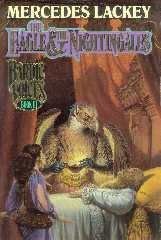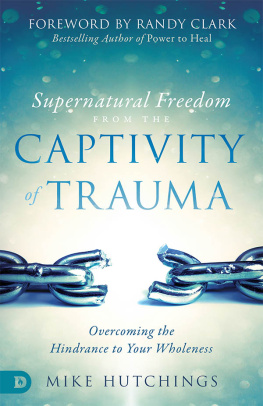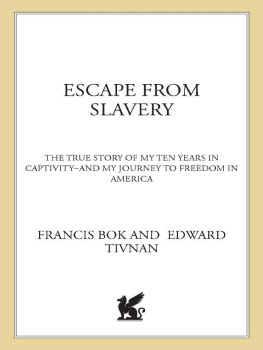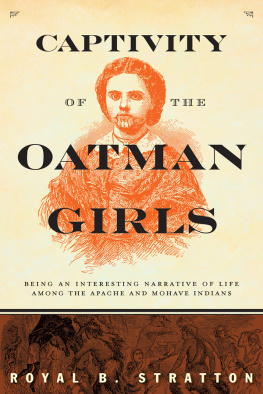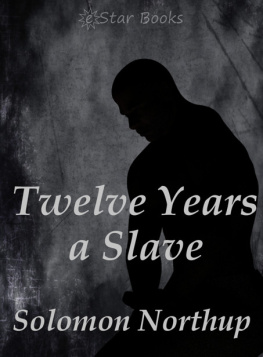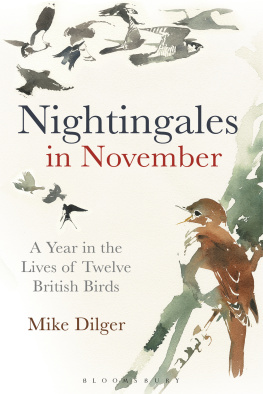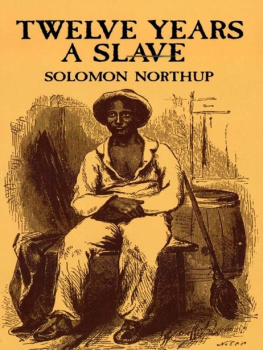Straight - A Million Nightingales
Here you can read online Straight - A Million Nightingales full text of the book (entire story) in english for free. Download pdf and epub, get meaning, cover and reviews about this ebook. City: New York;Louisiana, year: 2006;2008, publisher: Knopf Doubleday Publishing Group, genre: Art. Description of the work, (preface) as well as reviews are available. Best literature library LitArk.com created for fans of good reading and offers a wide selection of genres:
Romance novel
Science fiction
Adventure
Detective
Science
History
Home and family
Prose
Art
Politics
Computer
Non-fiction
Religion
Business
Children
Humor
Choose a favorite category and find really read worthwhile books. Enjoy immersion in the world of imagination, feel the emotions of the characters or learn something new for yourself, make an fascinating discovery.

A Million Nightingales: summary, description and annotation
We offer to read an annotation, description, summary or preface (depends on what the author of the book "A Million Nightingales" wrote himself). If you haven't found the necessary information about the book — write in the comments, we will try to find it.
A Million Nightingales — read online for free the complete book (whole text) full work
Below is the text of the book, divided by pages. System saving the place of the last page read, allows you to conveniently read the book "A Million Nightingales" online for free, without having to search again every time where you left off. Put a bookmark, and you can go to the page where you finished reading at any time.
Font size:
Interval:
Bookmark:
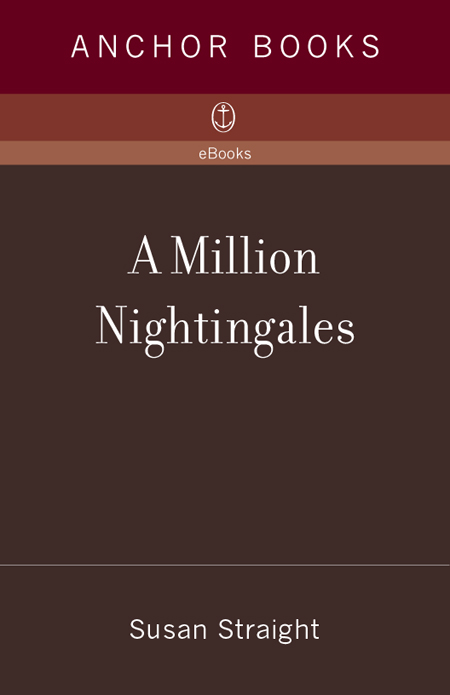
A MILLION NIGHTINGALES
Heart-wrenching. A powerful depiction of slavery that haunts the reader long after the book has been closed.
Daily Camera (Boulder)
From the first beautiful sentence, I felt transported to a world as vivid as the one outside my window. Moinette is one of those rare characters who enlarges both our sense of history and our humanity.
Judith Freeman, author of Red Water
A beautiful, masterful novel. This may be the most insight ful book yet written from the point of view of a woman in slavery.
Deseret News (Salt Lake City)
Poetic but fierce, this is Susan Straight's most ambitiousand successfulnovel yet.
Vendela Vida, author of And Now You Can Go
Ambitious. A story about triumph over adversity, but it's also one that understands the distinction between magnanimous kindness and its far less showy cousin, basic human decency.
Los Angeles Times
An extraordinary achievement, fascinating, horrifying, disturbing, a tribute to the power of the human spirit. It lingers in the mind, unfading, haunting.
Shirley Ann Grau, author of The Keepers of the House
An amazing novel. No cultural historian has more accurately revealed the laws, customs, beliefs, and language of antebellum Louisiana. No other novelist has used cultural realities to motivate characters that seem more real, to tell a story that is more affecting. While Moinette's story could have happened only in that place and time, Straight has not only made it feel real there and then but has also made it connect with here and now.
David Bradley, author of The Chaneysville Incident
Audacious. The great strength of A Million Nightingales is Straight's unsentimental apprehension of the no-win system that was slavery, and the subtle ways it was designedintelligently designedto pervert every natural feeling, every impulse of generosity, of community, of familial loyalty.
Chicago Tribune
In all of her novels, Susan Straight has given voice to characters whose struggles for dignity and love have been fought on the twentieth-century battleground of race; with A Million Night ingales she digs even deeper into our common ground. But it is love and humanity, not race, that ultimately gives such wrench ing power to A Million Nightingalesa beautiful, redemptive novel.
Kate Moses, author of Wintering
A MILLION NIGHTINGALES
Susan Straight is the author of five previous novels, including the bestselling I Been in Sorrow's Kitchen and Licked Out All the Pots, and Highwire Moon, which was a finalist for the National Book Award and won the California Book Award. She is a regular commentator on NPR, and her fiction and essays have appeared in Harper's Magazine, Salon, Zoetrope, McSweeney's, and The Best American Short Stories, among many other publications. She has received a Lannan Foundation Award and a Guggenheim Fellowship. She lives in Riverside, California, with her three daughters.
Aquaboogie: A Novel in Stories
I Been in Sorrow's Kitchen and Licked Out All the Pots
Blacker Than a Thousand Midnights
The Gettin Place
Highwire Moon
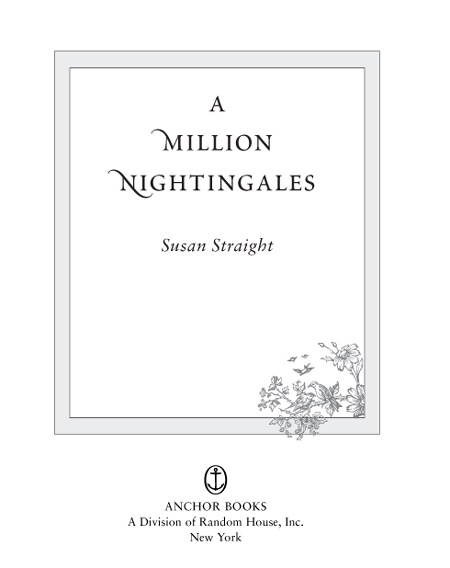
For my mother
and her mother, Frieda
For Fine, Callie, Daisy, Alberta, and those unnamed
the other foremothers of my own daughters
and all who came before them
I have a million nightingales on the branches of my heart singing freedom
From a folk song adaptation of the poem
Defiance, by Mahmud Darwish
One
Two
Three
Four
Five
Six
Seven
Eight
Nine
Ten
Eleven
Twelve
In late summer, I collected the moss with the same long poles we used to knock down the pecans in fall. I waved the pole around in the gray tangles and pulled them down from the oaks on the land beside the house, not far from the clearing where we washed and sewed.
I couldn't take the moss from the two oaks in front of the house, where the windows faced the river, because Madame Bor-delon liked to look at that moss. It was a decoration. She watched me from the window of her bedroom. Everything on the front land at Azure was Madame's, for decoration. Everything in the backlands was Msieu Bordelon's, for money.
And meshe stared at me all the time now. She stared at my hair, though she couldn't see it. My hair was wrapped under the black tignon my mother had made last year for me, when I turned thirteen. I hated the weight on my skull. My hair was to be hidden, my mother said. That was the law.
The cloth at my forehead felt like a bandage. Like it was holding in my brain. A brain floated in Doctor Tom's jar, in the room where he always stayed when he came to treat Grandmre Borde-lon, for her fatness, and where he stayed now to treat Cphaline, for her face. The brain was like a huge, wrinkled, pale pecan. One that didn't break in half. Swimming in liquid.
When I came for his laundry, he sat at the desk and the brain sat on the shelf, with the other jars. He said, You can hold it.
The glass was heavy in my hands, and the brain shivered in the silvery water.
I bought that brain in 1808, yes, I did, and it's been two years in the jar after spending several years inside a skull. You seem unafraid to hold it or examine it, Moinette, he said in English. He was from London, and his words made his thin lips rise and twist differently from Creoles. Your lack of fear would indicate that your own brain is working well. Then he returned to his papers, and I took his dirty clothes away.
How could brains be different? I measured heads the same way Mamre had taught me to measure a handful of fat to throw in the pot for soap, cupping my palm; the heavy handful had to reach the second bend on my fingers. The other side of knucklesthe little pad of skin like oval seed pearls when a person held out a hand to get something. I stared at my palms so long, clenching and straightening them, that Mamre frowned and told me to stir the soap. At the edge of the canefield when the cutters were resting, I hid myself in the tall stalks and fit my bent fingers over their heads. The grown people's heads wore hats and tignons, but the skulls were nearly all the same size under my curved hand. It was not exact, though. I made a loop of wire from a scrap and measured Michel's head when he was in the cane. He was a grown man, same as Msieu Bordelon.
The cutters held very still when they rested. Their backs were against the wagon wheels and the trees.
When I took clean laundry to the house, I stood near the dining room and quickly measured those heads at the table. The same loop for Msieu's head, the only time he didn't wear his hat, while he was eating.
All our heads were the same size according to our age and sex: mine and Cphaline's, Mamre and Madame's, the men cutting cane and Msieu Bordelon's. Under their hair, all their skulls were the same, and so the pecan brains floating inside that bone would be the same size unless the head was wrong, like Eveline's baby who died. The baby's head was swollen like a gourd grows in summer when it's watered too much and then splits.
Font size:
Interval:
Bookmark:
Similar books «A Million Nightingales»
Look at similar books to A Million Nightingales. We have selected literature similar in name and meaning in the hope of providing readers with more options to find new, interesting, not yet read works.
Discussion, reviews of the book A Million Nightingales and just readers' own opinions. Leave your comments, write what you think about the work, its meaning or the main characters. Specify what exactly you liked and what you didn't like, and why you think so.

